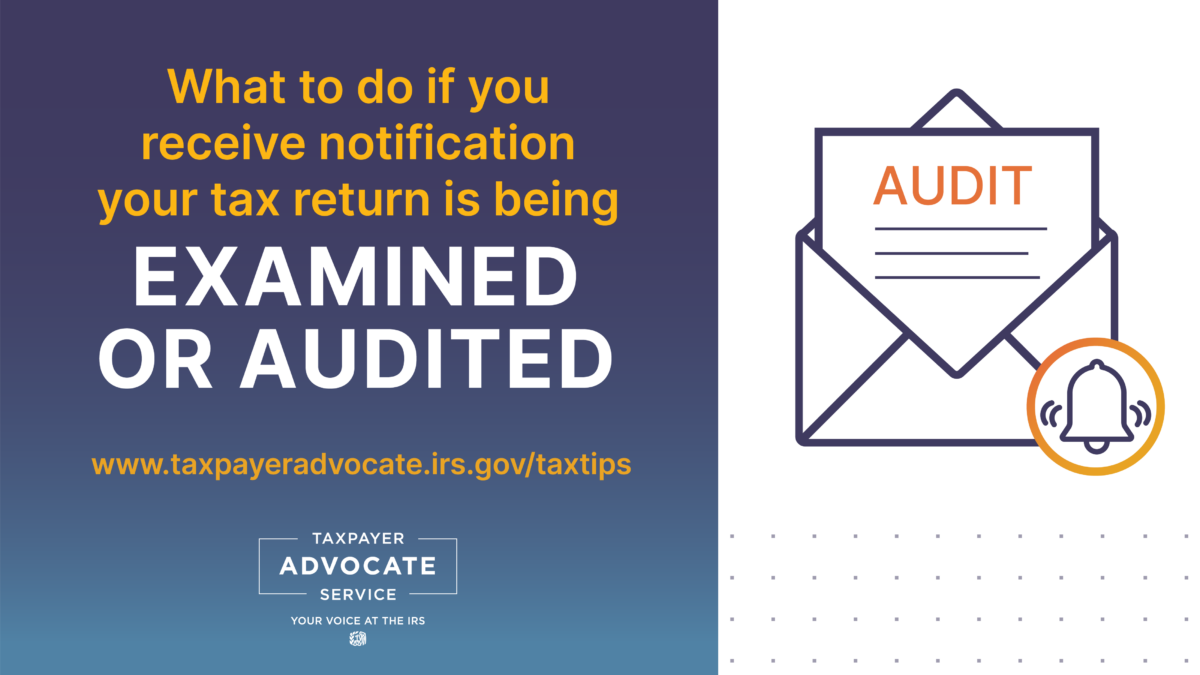IRS Audit’s Explained
Have you ever wondered about IRS audits? What kinds are there, and how do they work? Knowing about IRS audits helps every taxpayer. It lets you handle the process well and avoid big issues. We'll look at the different types, the whole process, and what you need to do. By the end, you'll know how to get ready for an IRS audit. This knowledge will protect your money.
Knowing about IRS audits can help you get ready if one happens.
In the maze of the financial world, the term IRS Tax Audit often strikes a chord of fear or anxiety among taxpayers. But, what exactly is it?
Overview of an IRS Tax Audit
An IRS Tax Audit is essentially a review of an individual's or business's financial accounts and information to ensure information is reported correctly according to the tax laws and to verify the reported amount of tax is accurate. Consider it a double-checking mechanism by the Internal Revenue Service (IRS) to curb tax evasion and ensure compliance with the tax code.
Types of IRS Tax Audits
There are essentially three types of audits the IRS conducts:
Correspondence Audit: The most common and simplest form. It usually involves a request by the IRS for more information or clarification on a part of your tax return. This can often be resolved by mailing the required documentation to the IRS.
Office Audit: This is more in-depth than a correspondence audit. It requires you to bring specific documents and records to an IRS office for review.
Field Audit: The most comprehensive audit type. An IRS agent will visit your home, business, or accountant's office to examine records and possibly your lifestyle to verify the tax return's accuracy.
Reasons for Being Audited
Your chance of being audited is relatively low, generally less than 1% for individuals. However, certain factors may increase your odds, such as:
High income or losses
Large charitable deductions
High travel or business expense claims
Being part of a business or industry with a history of tax evasion
How to Prepare for an IRS Tax Audit
If you find yourself selected for an IRS tax audit, don't panic. Preparation is key:
Gather your documentation: Collect all relevant financial records like receipts, bills, legal papers, loan agreements, logs or diaries of business travels.
Understand what’s being asked: Clearly understand the scope of the audit. Know what years and items on your returns are being questioned.
Consider professional help: Depending on the complexity of the audit, you might want to hire a tax professional or attorney.
The Outcome
The audit can conclude in three ways:
No change: The IRS is satisfied with your documentation and makes no changes.
Agreed: The IRS proposes changes, and you understand and agree with them.
Disagreed: The IRS proposes changes, but you understand and disagree with them. In this case, there are further steps you can take, including filing an appeal.
An IRS tax audit can be a daunting process, but with the right preparation and understanding, it can be navigated smoothly. Remember, an ounce of prevention—like maintaining good records and being honest on your tax returns—is worth a pound of cure when it comes to dealing with the IRS….


